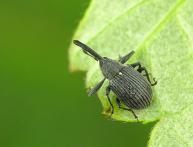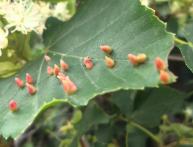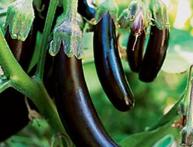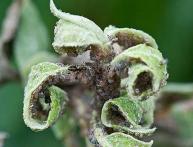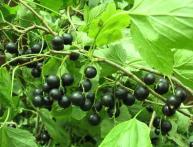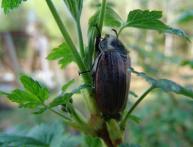Diseases and pests of pepper. Prevention and treatment
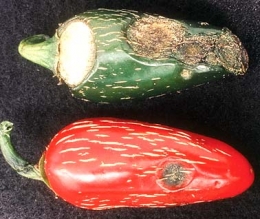
With the spread of many crops that are no longer cultivated only in the southern latitudes of Russia, diseases and pests of pepper are an issue of concern to many.
The most common diseases and pests of pepper
Aphids are the most dangerous pest, causing enormous harm to peppers, because they feed on plant juices.
Control measures: treating plants with insecticides (karbofos or keltan) at the rate of a tablespoon per bucket of water (10 liters). Peppers are sprayed only before and after flowering. But during fruiting, plants cannot be processed. The following solution is used as a folk remedy: pour 1 cup of wood ash or 1 cup of tobacco dust into a large bucket, add hot water and leave for a day. Before spraying the plantings, mix the solution well, strain and add a tablespoon of liquid soap. It is best to spray plants in the morning.
Spider mites are another fairly common pest of peppers, which also suck sap from plant leaves.
Control measures: treatment with a solution, for the preparation of which take one glass of garlic or onion, minced through a meat grinder, and dandelion leaves, add a tablespoon of liquid soap and dilute with 10 liters of water. After filtering, you can spray at any phase of plant development.
Naked slugs not only eat pepper leaves, but also damage the fruits themselves, which soon rot.
Control measures are mainly preventive: keep the plantings themselves and the furrows around them clean. In sunny, hot weather, you need to loosen the soil to a depth of about 3-5 cm, while pollinating with any ground hot pepper or dry mustard (1 teaspoon per about 1-2 square meters).
Blackleg appears at high air and soil humidity and at low temperatures. When a disease appears, the soil is dried, loosened and sprinkled with wood ash or dust of crushed charcoal.
Pepper wilting disease manifests itself in the dropping of leaves due to fungal diseases: Fusarium, sclerocinia.
Control measures: diseased plants are removed and burned, and peppers are not planted here next year.


